Why School Presentations are Necessary – Opinion
One of the most valuable career skills is also the most difficult to confront – public speaking.

April 29, 2022
In schools across the country, oral presentations have become a staple in daily school life. Students are proficient in making Google Slideshows and reading off notecards, skills used in every class from history to physics. Many students have been presenting in one form or another since kindergarten, and can count on public speaking to be just another part of their school day.
Despite its commonality, the in-class presentation may be the assignment most dreaded by students. The fear of public speaking, known as glossophobia, is very common, with an estimated 75% of the population sharing some degree of this fear according to some sources. The majority of these cases are not severe, but can certainly make public speaking difficult. This is especially true because good presentations are often dependent on confidence, which can be diminished due to a fear of public speaking.
According to some psychologists, the origins of public speaking anxiety can be attributed to evolution in prehistoric human societies. In these situations, acceptance by the group can mean life or death. The modern drive to be accepted by peers comes from the fact that in early human prehistory, lone humans were as good as dead. People who were abandoned by the group were unable to hunt or fend off predators on their own, and were unlikely to survive. This primitive instinct is still apparent in today’s world, notably in the context of glossophobia. While lives may not be on the line anymore, public speaking awakens an innate need to seek approval by others, and can cause fear
In spite of this, or possibly because of it, public speaking is undoubtedly one of the most important career skills that you can learn in school. A study conducted by Andrew Zekeri at the Department of Psychology and Sociology at Tuskegee University scored oral communication as the most useful skill in the workplace among college graduates. According to another study, about 90% of hiring managers say oral communication is valuable in an employee out of college. Communication skills can also be applied outside of the workplace, with public speaking and self confidence being essential skills in many social arenas.
The oral presentation in school has gained attention as a microcosm of the national debate over stress and anxiety. Several students have called for the removal of mandatory presentations in classrooms in social media posts, in order to protect students with severe anxiety. Others have asserted that public speaking forces students with anxiety to confront their fears, as well as teaching them a valuable skill for the 21st century. Does the fear caused by public speaking and presentations necessitate the elimination of public speaking education? Are challenges and discomfort beneficial to a student’s education, or detrimental?
In my experience, public speaking is a skill that is essential for high school students to learn. When you learn how to speak publicly, you develop confidence and decisiveness, and learn how to stand tall when you feel like running away. With these skills, you can be in charge of your own life, and not be limited by fear. There will be times in life when you need to speak your mind, and you want to be able to do it assertively and with strength. Most people cannot just do this naturally; like any other skill it needs to be developed over time, and presentations are a part of this. Most notably for students anxious about public speaking, learning how to do things that make you uncomfortable or afraid will prove invaluable throughout your life. The American Psychological Organization even includes “facing one’s fears instead of avoiding them” as a part of cognitive behavioral therapy used to treat anxiety disorders. Whether you have to speak up for your principles or ask someone to marry you, public speaking and confidence definitely pay off.
The debate over oral presentation seems even more important in the post-COVID era, where the social and communicative skills of millions of students have been stunted because of limited social interaction. Public speaking difficulties cannot have been helped by spending two years having to fear each person you pass in a grocery store aisle. As society moves forward, it is important that teenagers are able to go up to someone they don’t know and start a conversation, even if it makes them uncomfortable. I’ve been noticing less and less of this, and I think the same confidence that comes with public speaking could be part of the solution to this problem.
Ultimately, school presentations are actually more than they seem, teaching a practical skill that can benefit you both in your career and social life. More importantly, they force students to face fear head on, allowing them to become strong, capable adults. Nelson Mandela once said, “I learned that courage was not the absence of fear, but the triumph over it”. I believe that this is the kind of attitude that students should approach public speaking with, and from there they will be able to face greater fears.
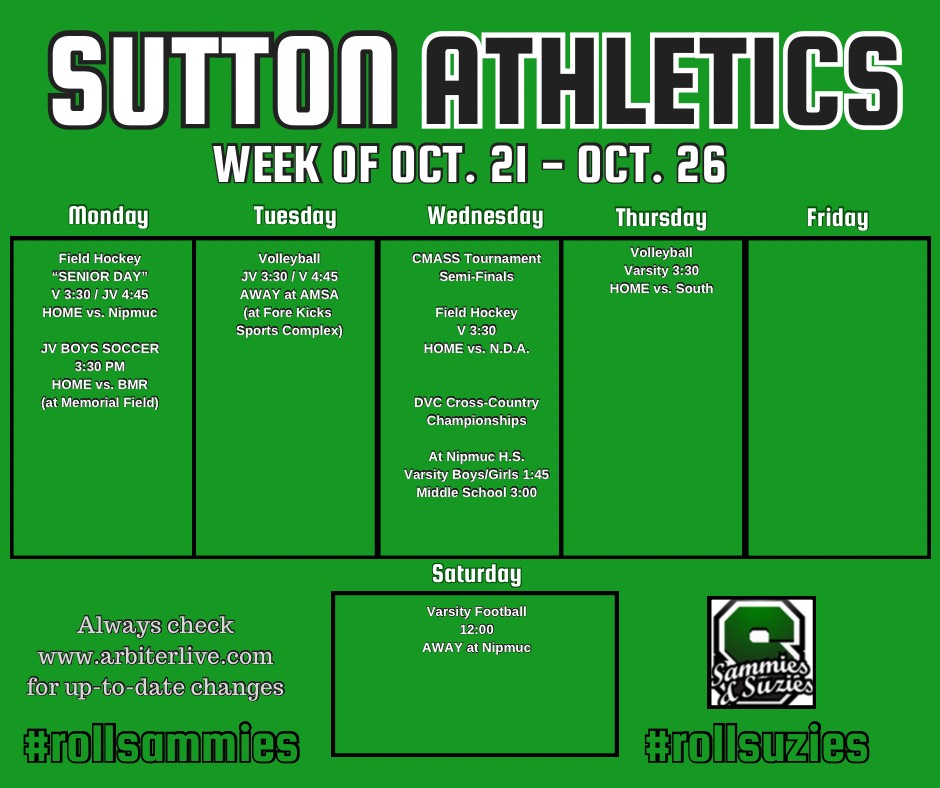

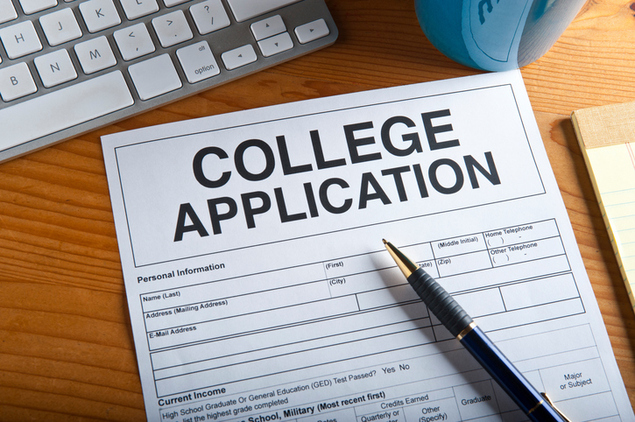

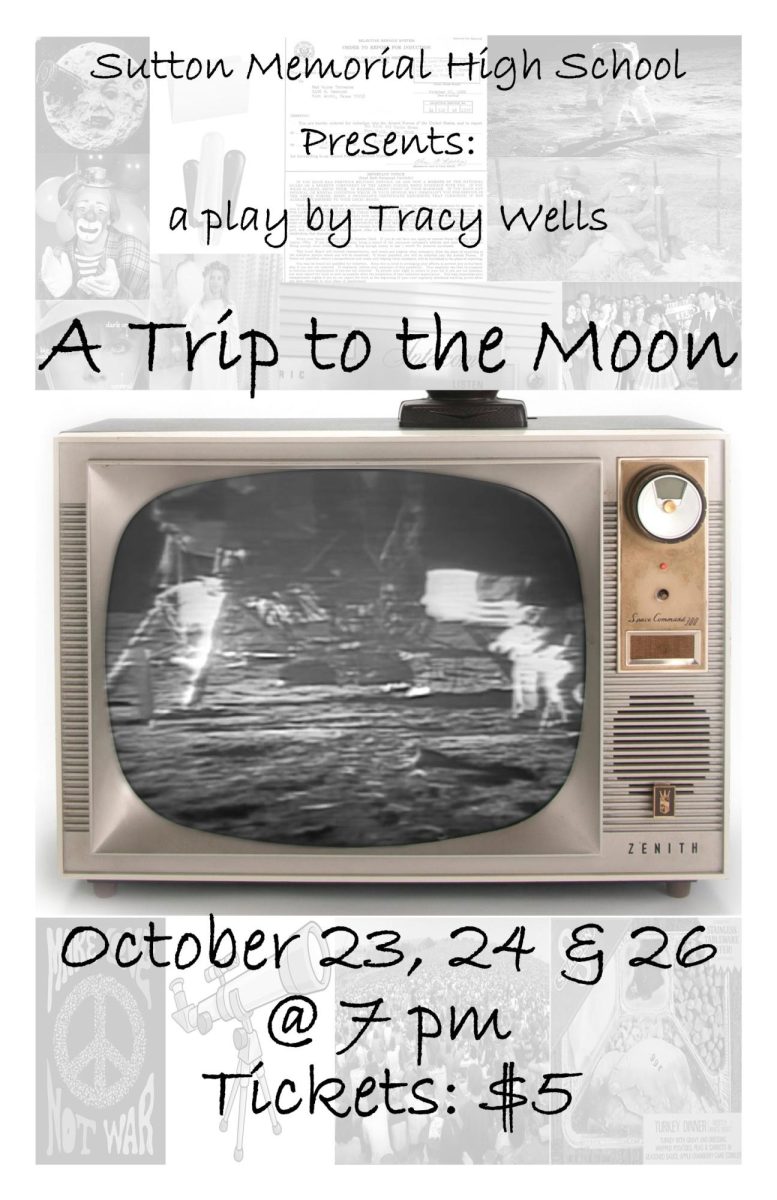




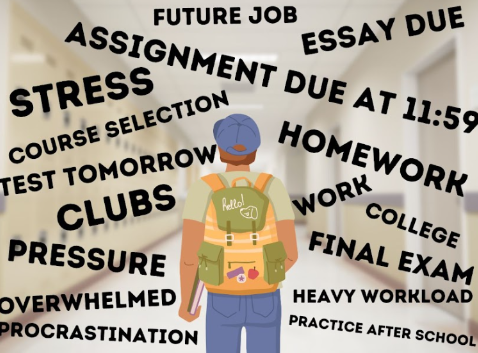


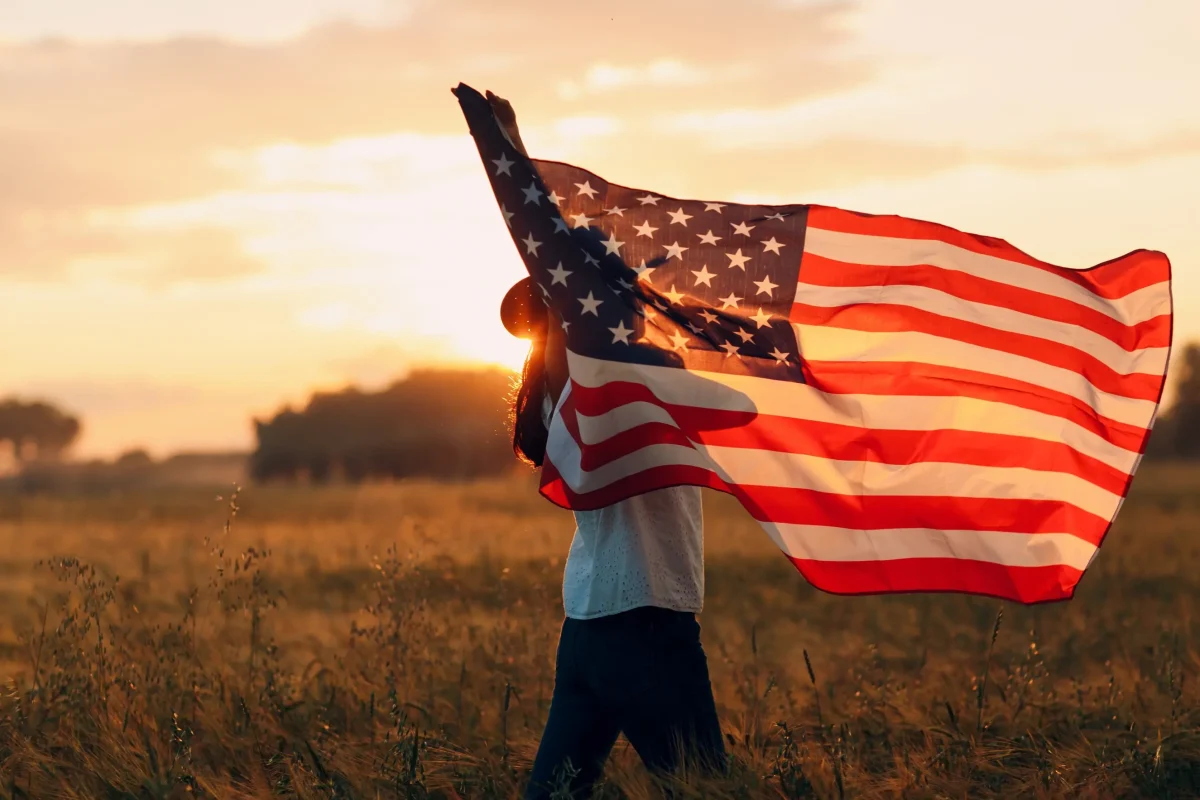
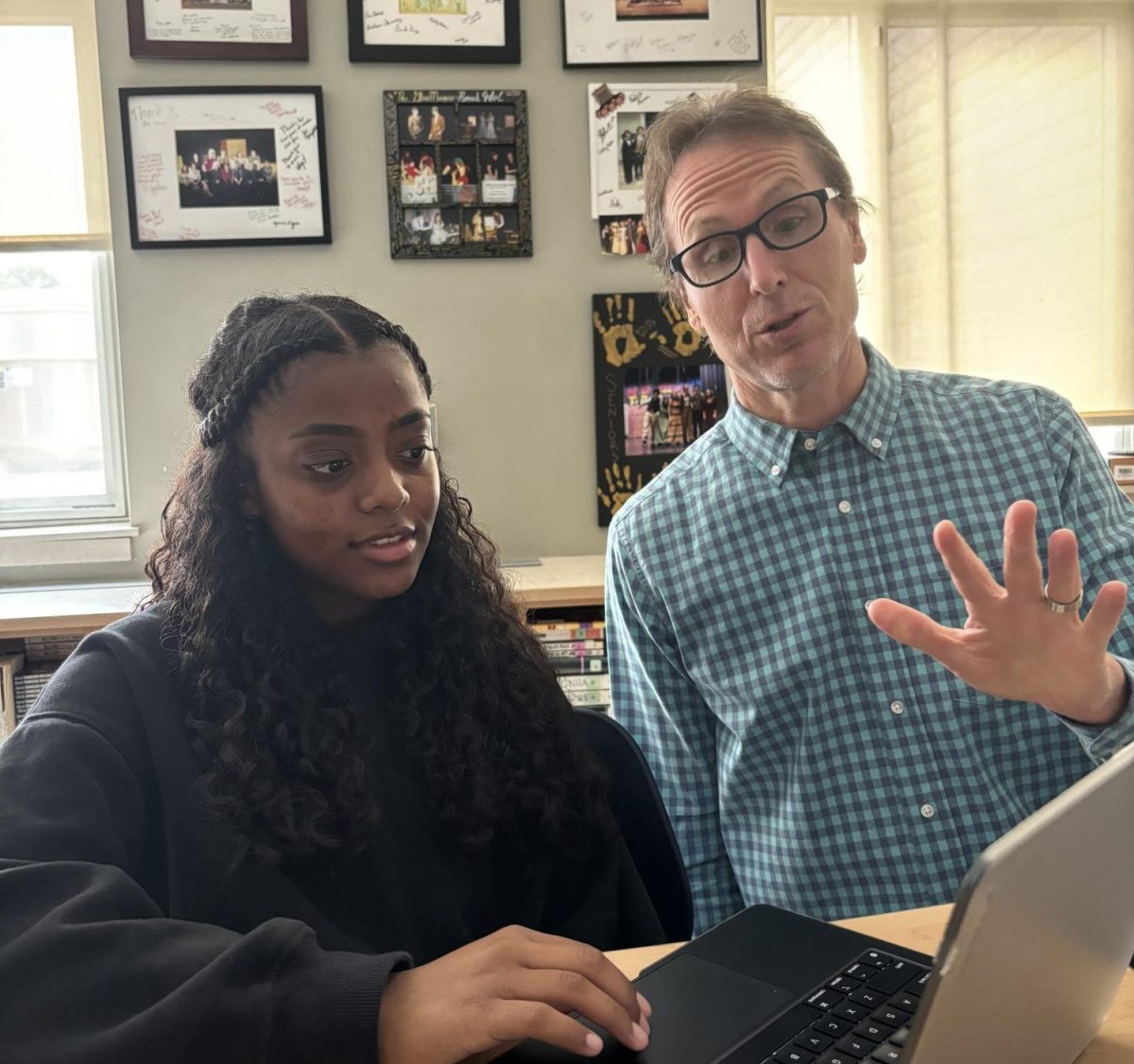

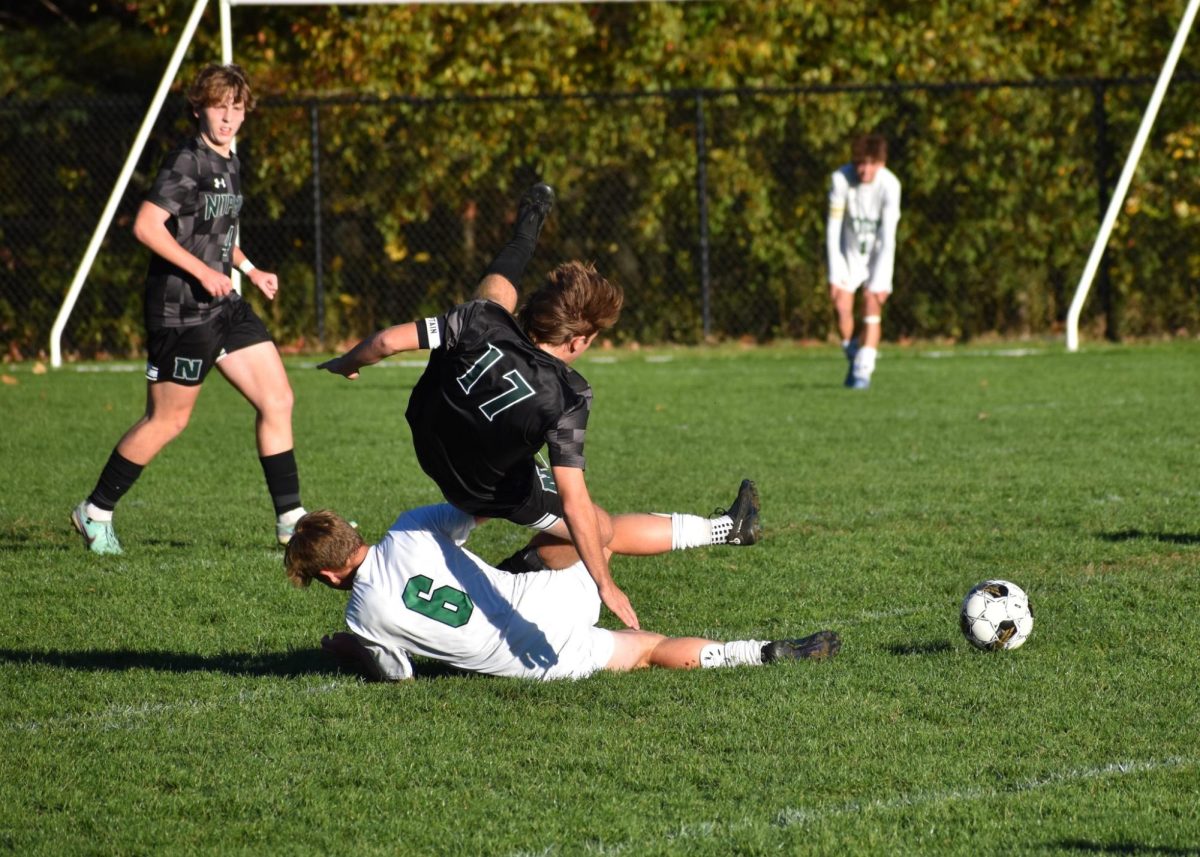






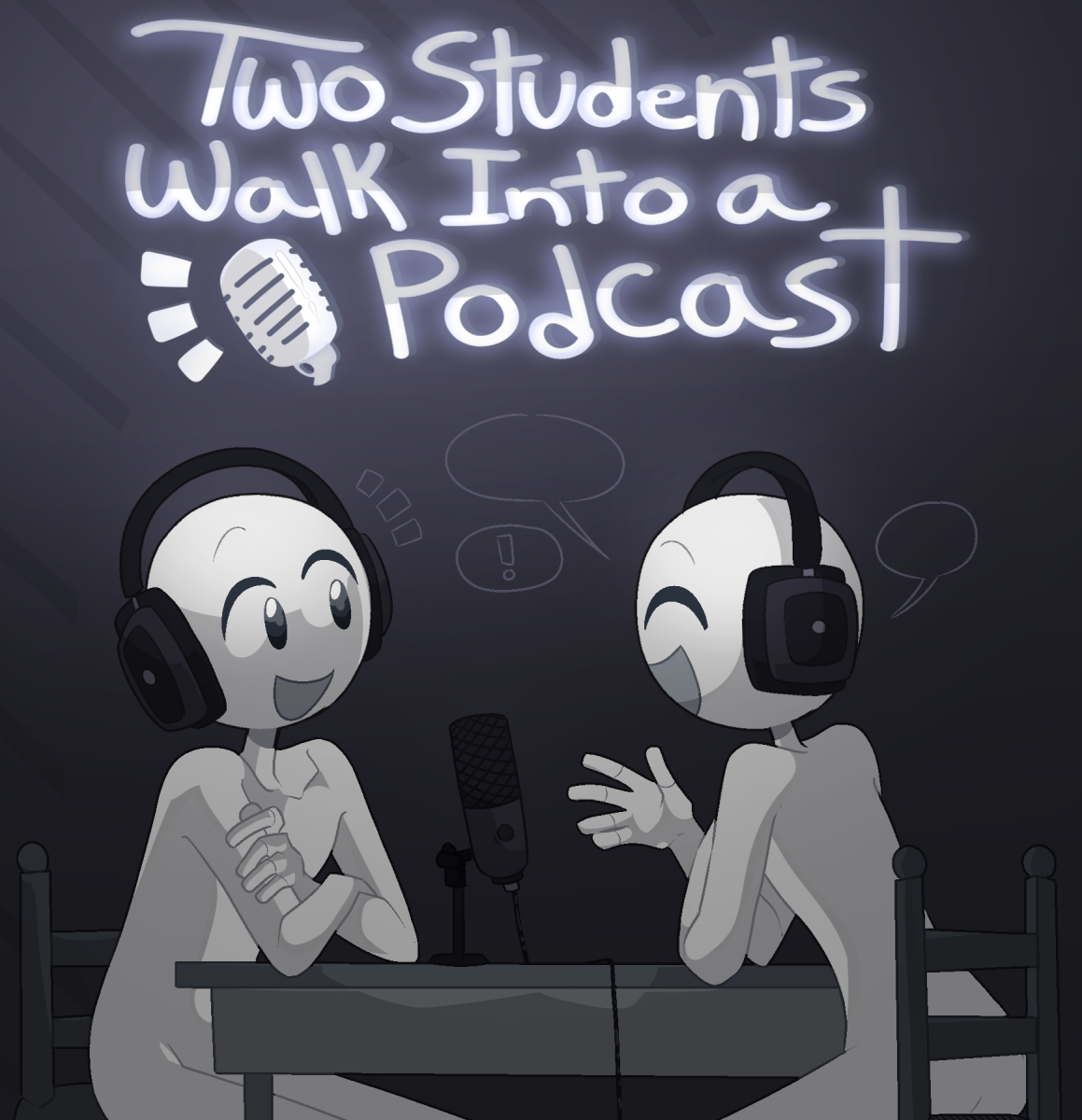
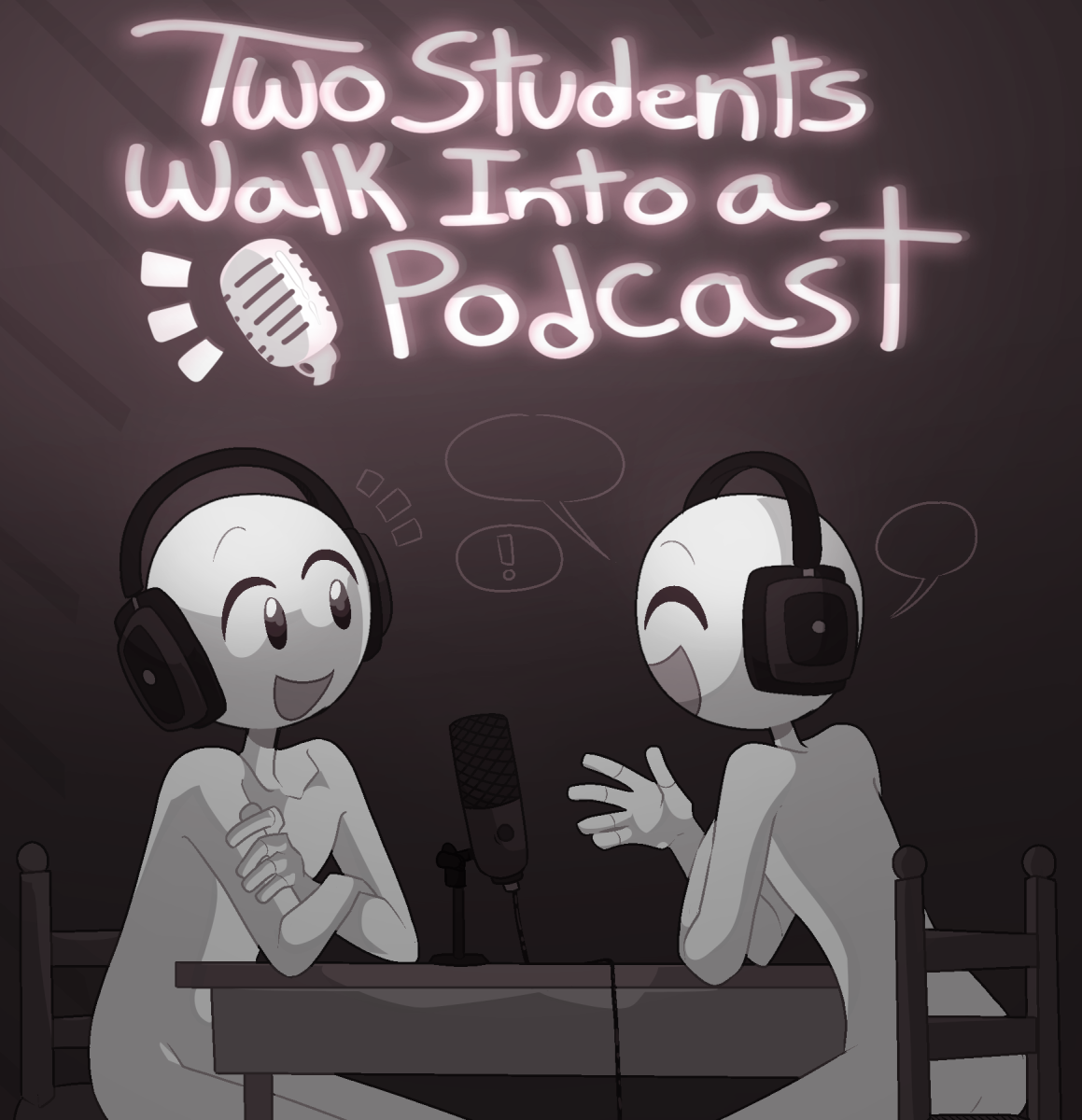
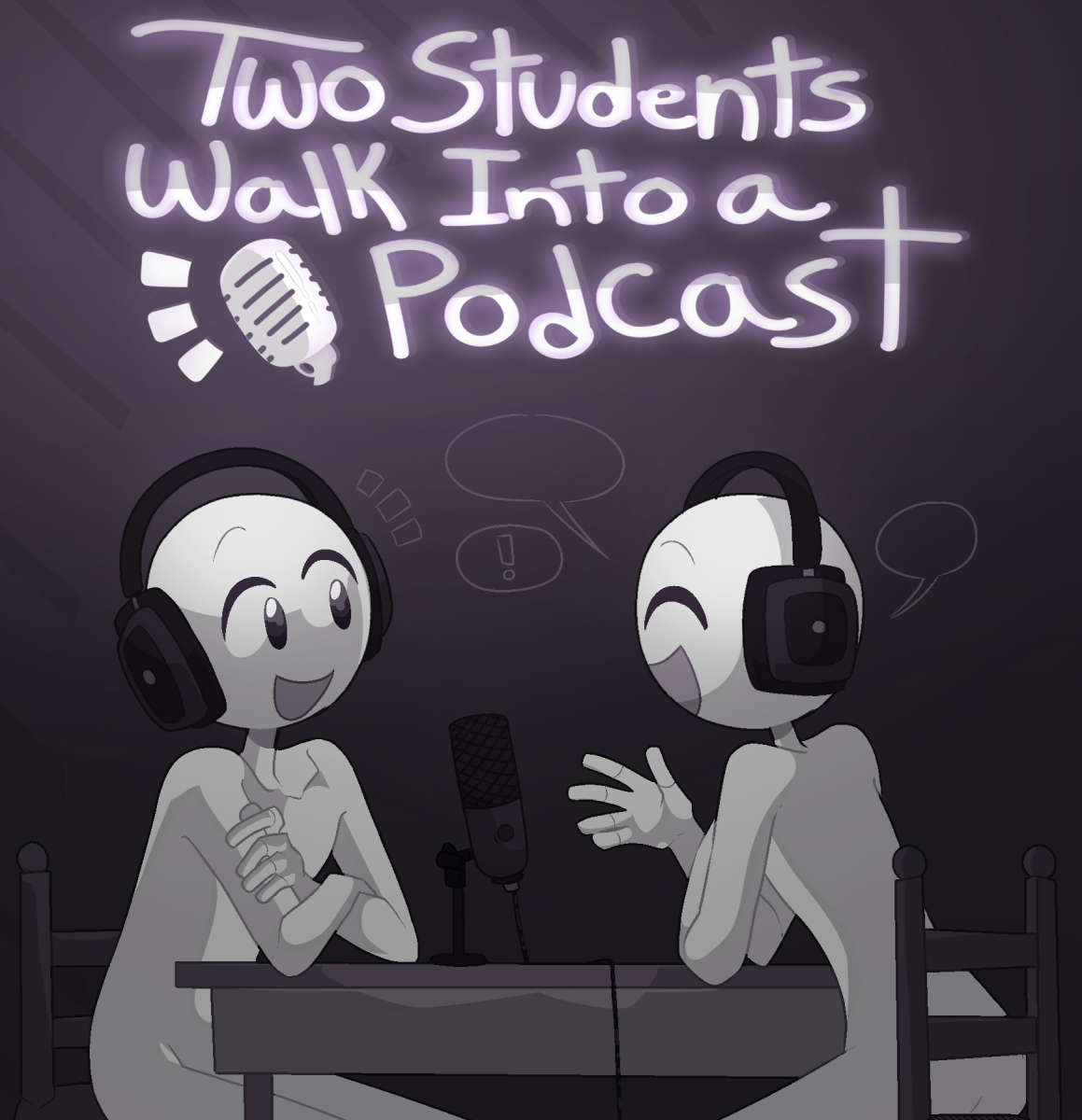
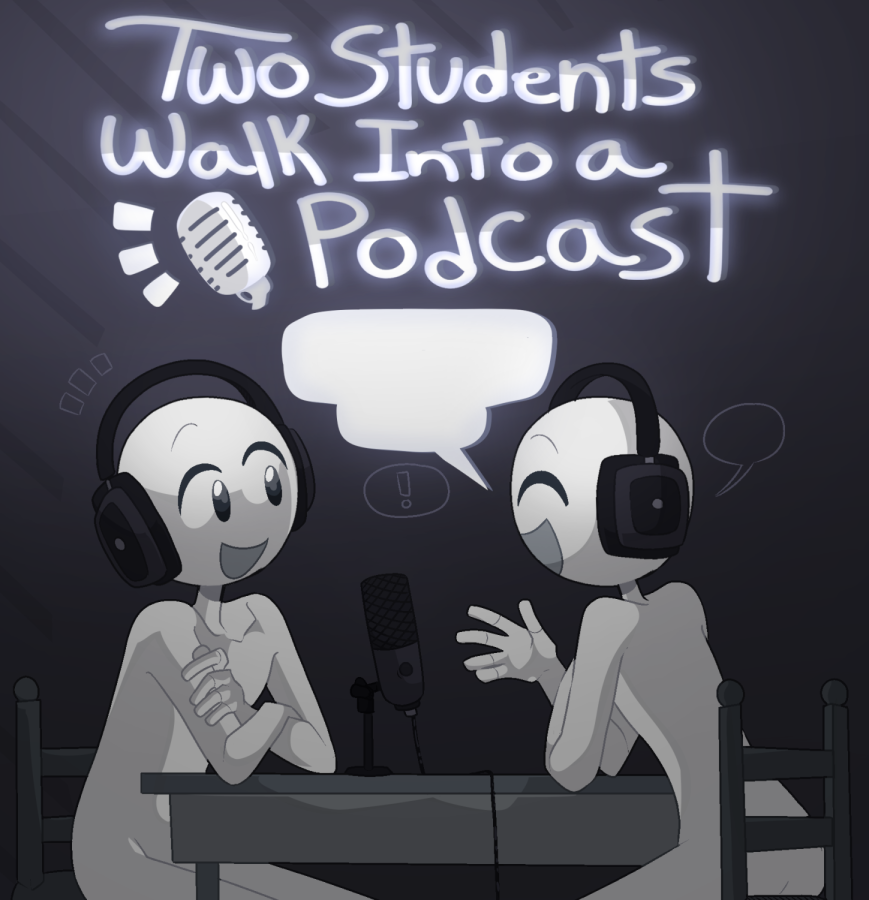
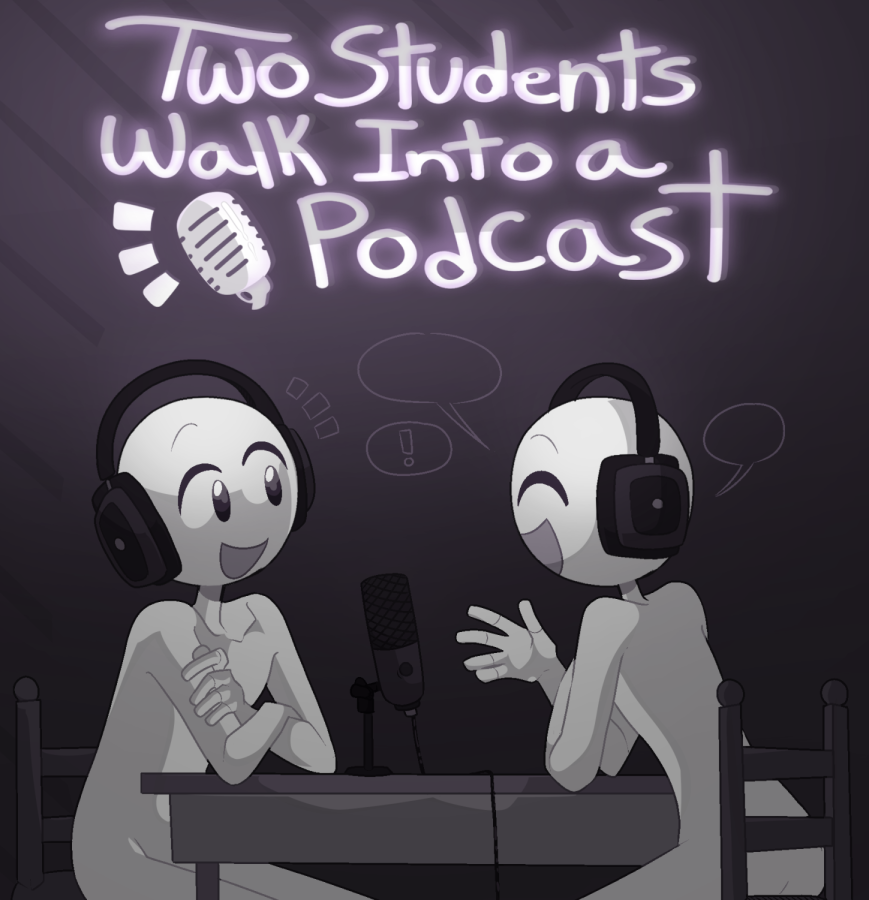


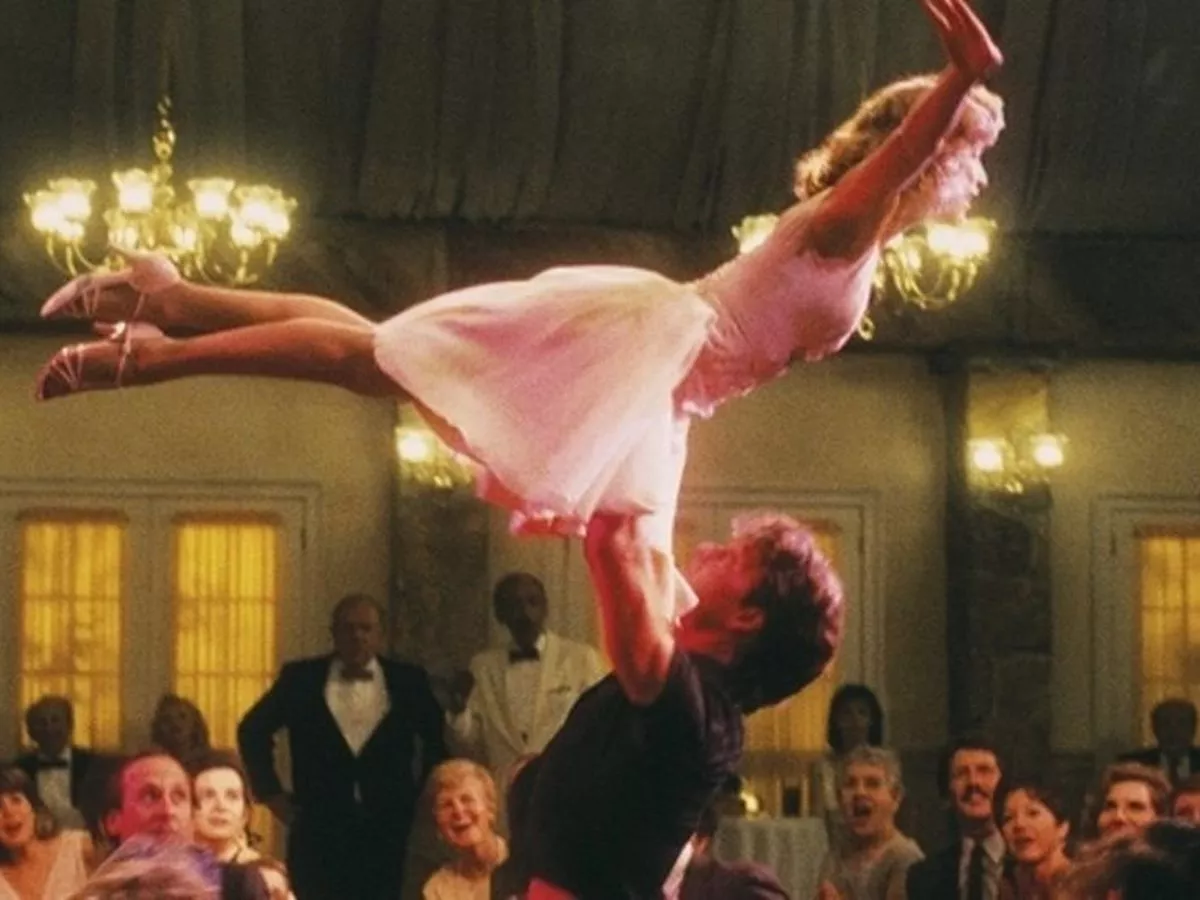





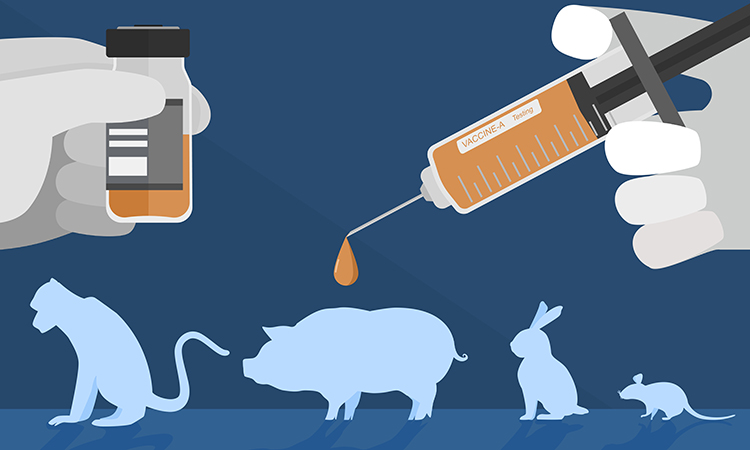

Jennifer Tangen • May 2, 2022 at 10:52 am
Amsden- What a thoughtfully written opinion piece! I agree- we should practice both the things that make us nervous AND focus on developing the skill of communicating with a large group. Your class will be doing presentations IN SPANISH this year 🙂 I am sure your classmates will be able to use your encouragement to be successful. Nicely done!
Michael Keough • May 2, 2022 at 8:36 am
Facing your fears and your peers instead of facing a computer screen. I agree! (so long as the presentation isn’t accompanied by a powerpoint! LOL) Nice work Amsden!